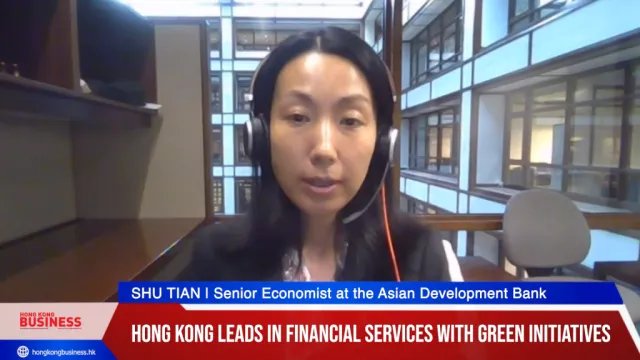Thought Leadership Centre
Resource Center
Event News
Commercial Property
HK among areas with costliest office fit out in APAC
Office fit-out costs $1,149 psf on average.
Partner Sites
Join the community

 Advertise
Advertise















Commentary
How are finance teams closing their books remotely?
How are finance teams closing their books remotely?
Building a Multilingual E-commerce Store
Hong Kong's Possible Loss of Special Status Reiterates Singapore's Stability
Top Four Remote Working Tips
What Constitutes a Highly Effective Small Business Website?
The Human Side of Working from Home
Three Key Steps for Building Your Website
Asian retailers should consider investing in omnichannel experiences to stay relevant
Empowering Asia's Small Businesses Through Digitised Delivery
Charting the Growth of Hong Kong's Gig Economy
Aligning the Interests of Fund Managers and Investors in Hong Kong
How US Trusts Can Benefit Hong Kong & Singapore Residents
Delivering the Virtual Restaurant of Tomorrow
The changing role of the in-house legal team in Hong Kong
Overcoming regional pricing barriers
Singapore stands tall as beacon for rattled Hong Kong businesses
Keeping ‘business as usual' in the face of disruptive threats